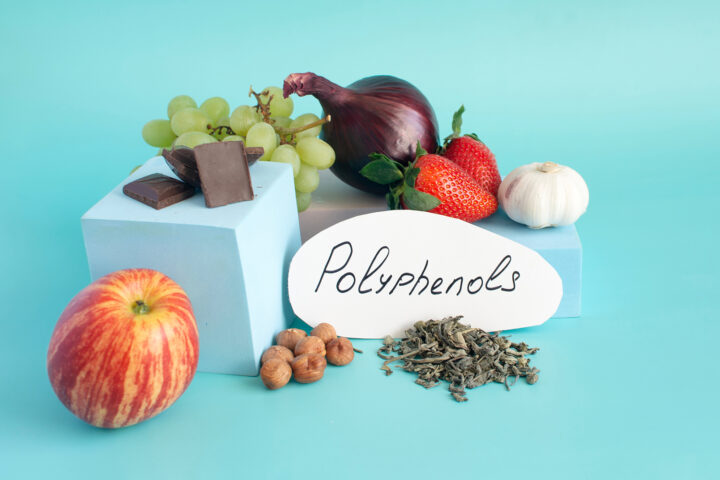In a world that often feels like it’s moving at warp speed, pausing to appreciate the simple joys can seem like a luxury. Yet, cultivating gratitude—the practice of recognizing and valuing the positive aspects of life—has emerged as a powerful tool not just for enhancing daily well-being but also for extending our years on this planet. Recent research illuminates the profound impact of gratitude on longevity, suggesting that the simple act of giving thanks may be a key to a longer, healthier life.
The Science Behind Gratitude and Longevity
A groundbreaking study from the Harvard T.H. Chan School of Public Health examined over 49,000 older women, revealing that those who regularly practiced gratitude had a 9% lower risk of death over a three-year period compared to their less grateful counterparts. This association was particularly strong in preventing deaths related to heart disease, indicating that gratitude may play a significant role in cardiovascular health.
The mechanisms through which gratitude influences health are multifaceted. Psychologically, gratitude enhances emotional well-being, reducing stress and depression—factors known to adversely affect physical health. Physiologically, grateful individuals often exhibit lower blood pressure, better immune function, and improved sleep quality. These benefits collectively contribute to a reduced risk of chronic diseases and an overall increase in life expectancy.
Cultivating Gratitude: Practical Steps
Incorporating gratitude into daily life doesn’t require a complete overhaul of one’s routine. Simple practices can yield significant benefits:
- Gratitude Journaling: Dedicate a few minutes each day to write down things you’re thankful for. This practice shifts focus from negative to positive aspects of life, fostering a more optimistic outlook.
- Expressing Appreciation: Take time to thank those around you—whether it’s a family member, friend, or colleague. Expressing gratitude strengthens social bonds and enhances emotional support networks.
- Mindful Reflection: Set aside moments in your day to reflect on positive experiences, no matter how small. This mindfulness practice can enhance your overall sense of well-being.
A Real-Life Illustration
Consider the story of Jane, a 79-year-old participant in the Nurses’ Health Study. By integrating gratitude practices into her daily routine—such as keeping a gratitude journal and expressing thanks to loved ones—Jane not only improved her mental health but also experienced tangible physical health benefits. Her blood pressure decreased, she slept more soundly, and she felt more connected to her community. Jane’s experience mirrors the study’s findings, demonstrating how gratitude can be a catalyst for healthier aging.
The Broader Implications
The implications of these findings are far-reaching. In an era where the quest for longevity often leads to complex diets, rigorous exercise regimes, or advanced medical interventions, the simple act of practicing gratitude offers a universally accessible, cost-free strategy to enhance health and extend life.
Moreover, fostering a culture of gratitude can have societal benefits. Grateful individuals are more likely to engage in prosocial behaviors, contributing to a more compassionate and cohesive community. As we collectively face challenges—be it global health crises or social upheavals—the resilience built through gratitude can serve as a foundation for collective well-being.
Embracing the Gratitude Lifestyle
Incorporating gratitude into your life doesn’t necessitate grand gestures. Start small: acknowledge the warmth of the sun on your face, the kindness of a stranger, or the comfort of a good book. Over time, these moments of appreciation can accumulate, leading to profound changes in your health and longevity.
As research continues to uncover the intricate connections between mind and body, the age-old adage “count your blessings” gains new scientific backing. Embracing gratitude not only enriches your daily experience but may also grant you the ultimate gift—a longer, healthier life.
Sources:
- Harvard T.H. Chan School of Public Health: “Experiencing gratitude associated with greater longevity among older adults.” Harvard Chan School of Public Health
- Harvard Health Blog: “Gratitude enhances health, brings happiness—and may even lengthen lives.” Harvard Health
- Harvard Health Publishing: “Gratitude linked to longer life and fewer heart-related deaths.” Harvard Health
- National Council on Aging: “The Many Gifts of Gratitude.” NCOA
- Massachusetts General Hospital Psychiatry News: “Research from the Nurses’ Health Study: Gratitude Makes You Live Longer.” MGH Psych News











